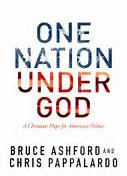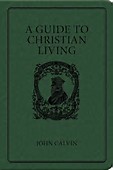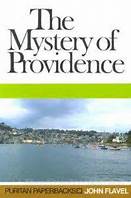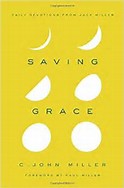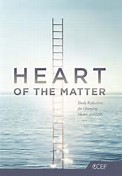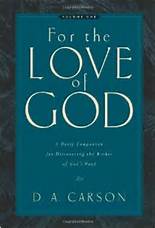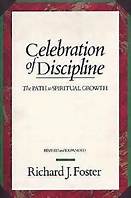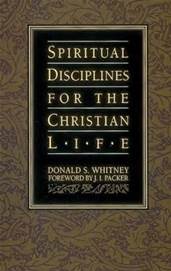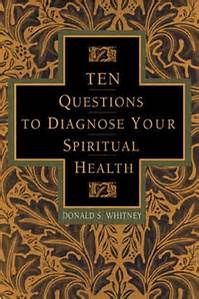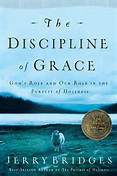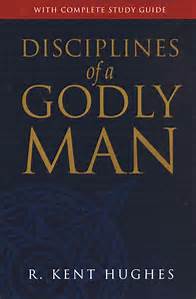There are many resources to help the lay Bible student understand the Bible better. Dictionaries, concordances, commentaries, handbooks, research software…I’ll suggest those things which should be in every Bible reader’s “study kit” later, but for now, I have a few suggestions for resources that address Bible study generally.
Knowing Scripture, R.C. Sproul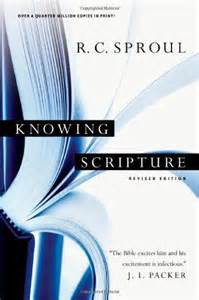
In Knowing Scripture Sproul covers why the believer needs to study God’s Word, what hermeneutics is and why it’s relevant, practical rules for interpretation, and good tools for Bible study, among other things.
One of the motivations a believer should have in reading and studying Scripture is to be a good theologian. Sproul asserts that “No Christian can avoid theology. Every Christian is a theology. Perhaps not a theologian in the technical or professional sense, but a theologian nevertheless. The issue for Christians is not whether we are going to be theologians, but whether we are going to be good theologians. A good theologian is one who is instructed by God” (25).
Knowable Word, Peter Krol
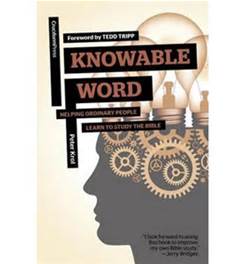 If you haven’t looked into subscribing to the books from Cruciform Press, you should.
If you haven’t looked into subscribing to the books from Cruciform Press, you should.
This short book from Peter Krol, through Cruciform Press, focuses on practical Bible study, employing the method of Observation, Interpretation, and Application.
Krol includes many helpful resources in addition to a description of the method.
Grasping God’s Word, J Scott Duvall & J Daniel Hays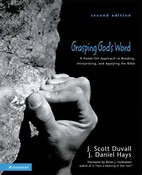
This resource was designed for use in Christian colleges and for seminary work, so it is the longest and most thorough of the resources I recommend here.
But, don’t let that intimidate you. If you are looking for an introduction to Bible study that will challenge you, or want a refresher to help hone and refine your Bible study skills, this is for you.
Journey into God’s Word, J Scott Duvall & J Daniel Hays
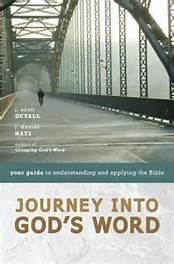
You might notice the same authors listed on this resource as the previous recommendation. This is a condensed version of Grasping God’s Word, and can be read in a sitting or two. It is about the same length as Knowable Word.
However, don’t be tempted to merely read. Do all the exercises and employ the methods suggested, and your Bible study and understanding will improve as a result.
A Basic Guide to Interpreting the Bible, Robert Stein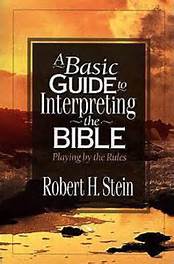
Although I’ve listed R.C. Sproul’s book first in this list, if you were to choose only one of these to get started, this book from Robert Stein would be the one I recommend.
Stein covers all the important preliminary questions regarding Bible study, potential pitfalls and interpretation errors, as well as particular rules for interpreting the various genres (literary styles) of the Bible.
40 Questions About Interpreting the Bible, Robert Plummer
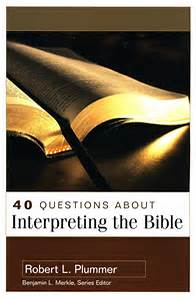
The content of this resource is much the same as Knowing Scripture, Grasping God’s Word, and A Basic Guide, but is in the “40 Questions” format.
Some people like this approach because it permits looking up various issues according to the questions typically raised about them.
However, if you don’t like this format, you would get the same help with Bible study from some of the other resources suggested here.
Let me know your thoughts on these resources, or if there are others you would include on the list!

